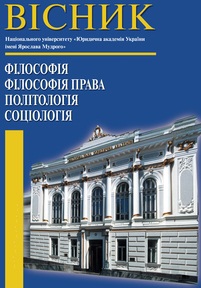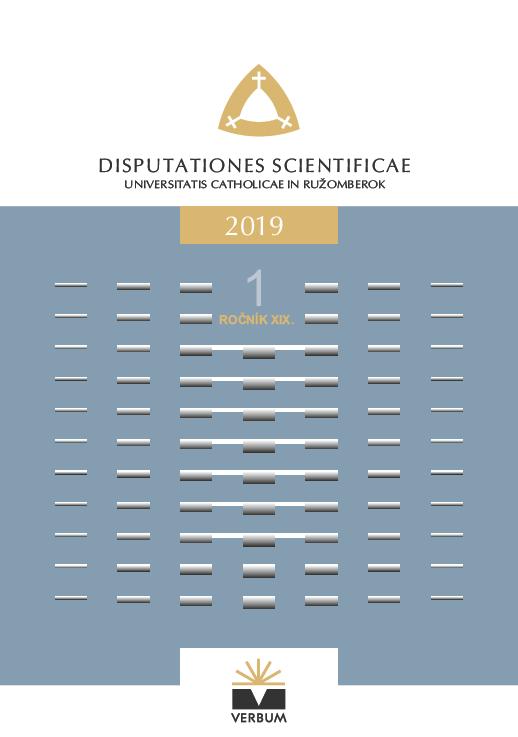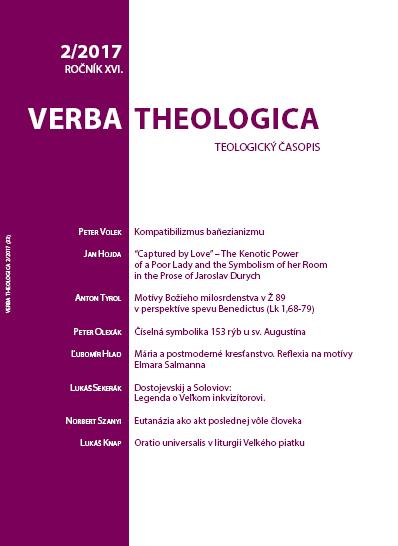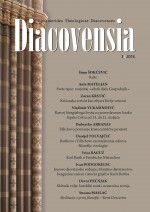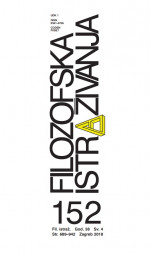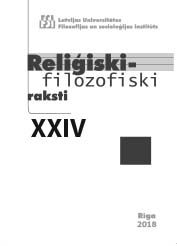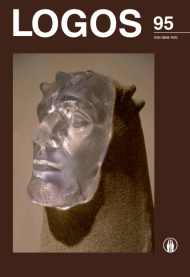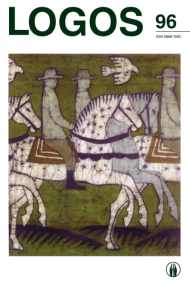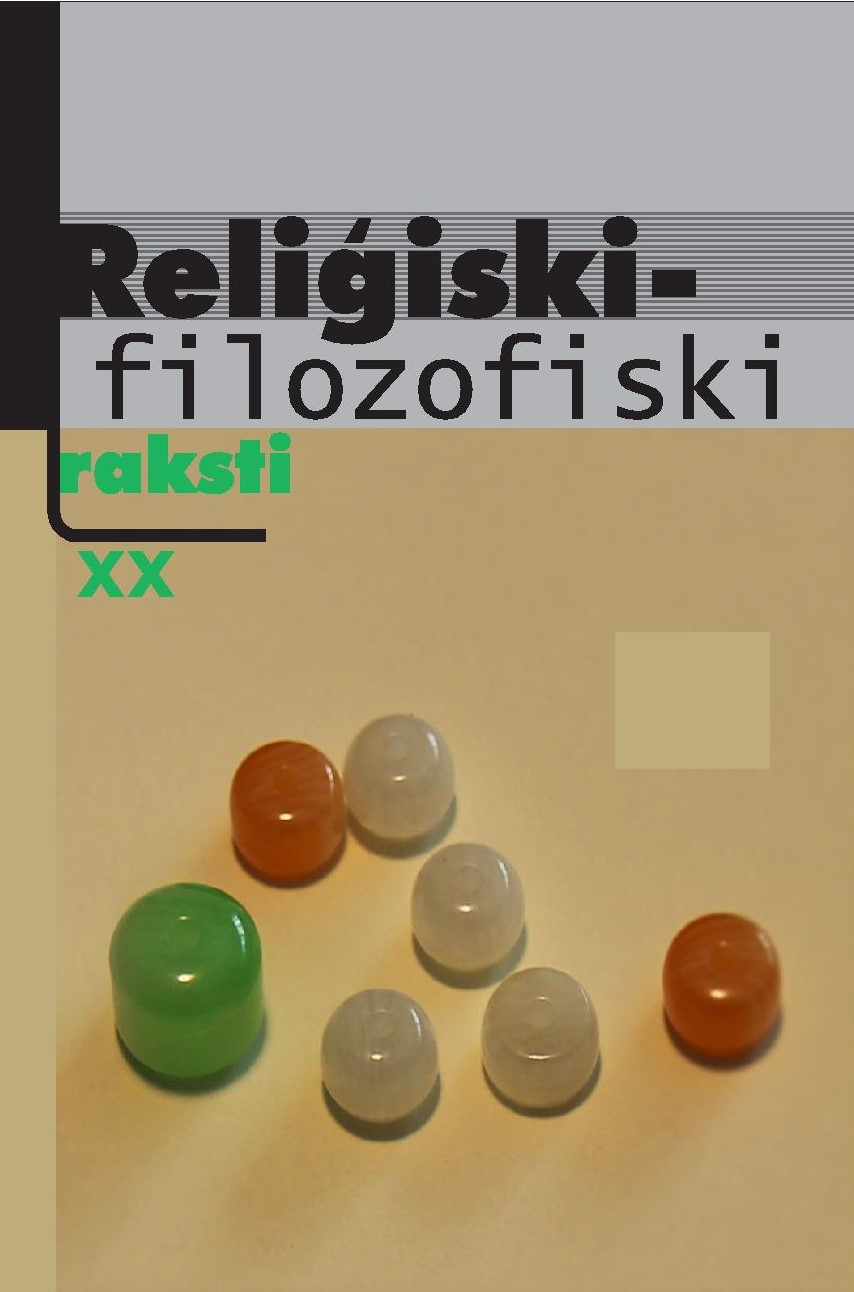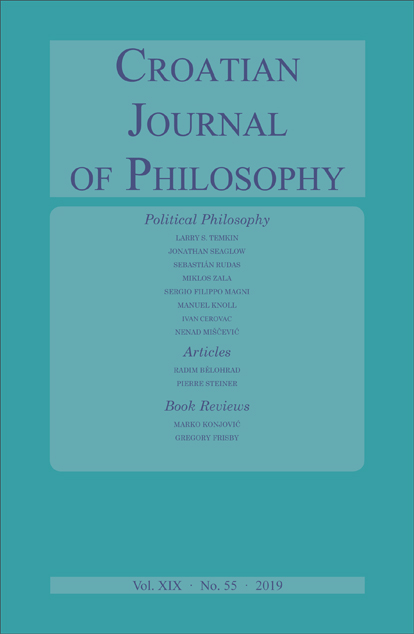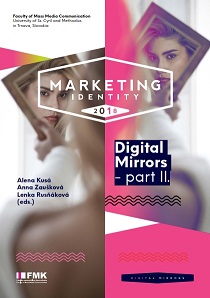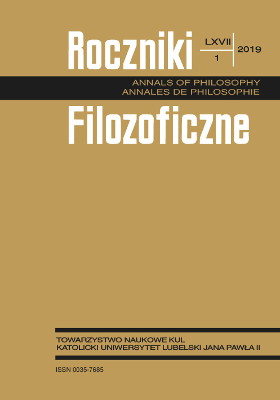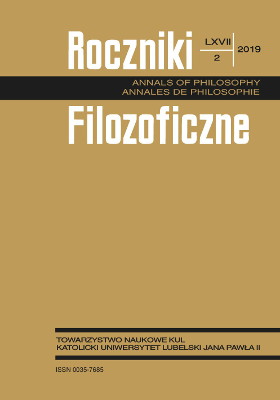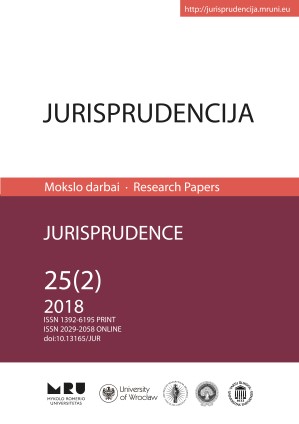
SUBJEKTAI, DALYVAUJANTYS LIETUVOS TEISĖJŲ PROFESINĖS ETIKOS VERTINIME
The article presents the variety and activity characteristics of subjects involved in evaluating the professional ethics of judges, in the context of society welfare development. The issues of professional ethics of judges are highlighted through a wide range of subjects evaluating these questions. Whereas the evaluation object – knowledge of ethics, personal characteristics, behavior, motivation, and behavioral compliance with ethical standards – is changing and expanding with regard to the features of procedures (examinations, taking of the examinations, continuous performance evaluation, application of disciplinary liability etc.).The analysis shows that there is a connection between globalization and individualization in solving the ethical issues of judges, ethical procedures are standardized and the prestige of judicial profession is actively fostered. The analysis of legislature documents showed that the issues of professional ethics of judges are relevant in all stages of judge‘s career. The article typologically distinguishes, depending on the evaluation object and procedures, the four main groups of assessors: 1) the public; 2) legal community and non-governmental organizations as evaluators of prestige of the profession of judge, activity of judges and behavior of judges; 3) the Commisions: the Examination Commission of Candidates to Judicial Office and the Selection Commission of Candidates to Judicial Office, as well as the Permanent Commission for the Assessment of Activities of Judges such as: personal characteristics, behavior and motivation; 4) judicial self-government – the Judicial Ethics and Discipline Commission, Judicial Court of Honour as well as the Supreme Court of Lithuania – as the institutions which have final word in dealing with disciplinary matters of judges. Participation of these subjects in the evaluation of different stages of judicial ethics ensures the core of the professional value of judges‘ activities.The requirements for profession of judge in professional ethics are consistently consolidated in all processes and correlate with each other. The evaluation of society (as the evaluator of professional ethics of judge, in the context of the confidence in courts) is informal and subjective. For detailed and reasoned evaluation the complex instruments are necessary – the opinions which are consolidated, based on several criteria and derived from different sources, concerning the court activities and behavior of the judge. The evaluation of legal community can become the formal criteria of professional ethics of judge. Non-governmental organizations could represent judges at the Judicial Court of Honour, furthermore they could actively participate in evaluating issues of professional ethics. Whereas in the complex evaluation of commissions activities when evaluating the pretender (judge) we must take into account not only the quantitative activity indicators – number of cases, the nature of work, length of service, but also qualitative indicators – personal characteristics, behavior, motivation. The activity results of institutions solving the issues concerning the disciplinary responsibility of judges indicate the effectiveness of applied disciplinary measures, conditioned by training, education and self-development issues. The participation of the Supreme Court of the Republic of Lithuania in the system of evaluating professional ethics of judges is under doubt due to fact that this function is not naturally attributed to the court per se. Therefore, it is proposed to eliminate the Supreme Court from the circle of bodies competent to evaluate professional ethics of judges. Furthermore, it is advised that Judge Ethics and Disciplinary Commission might impose the disciplinary sanctions and the decisions made by Judge Ethics and Disciplinary Commission if appealed were brought for review to the Judicial Court of Honour.
More...
